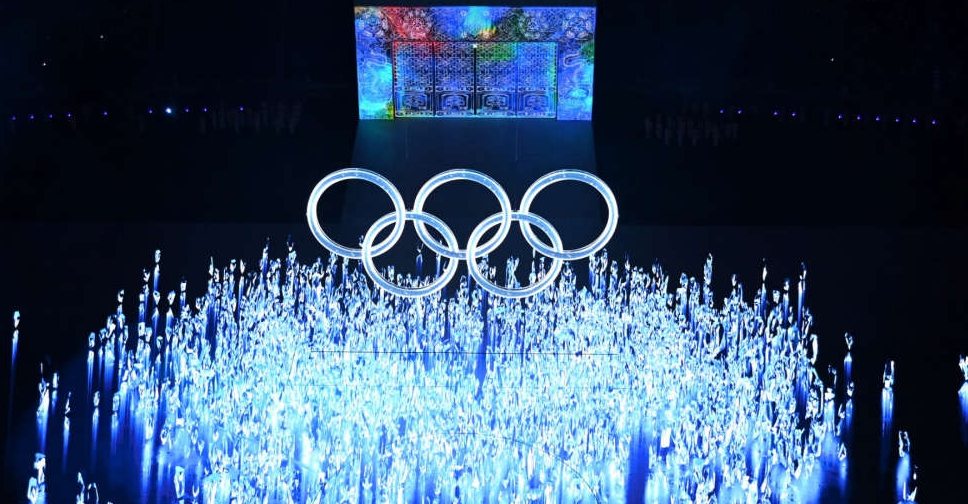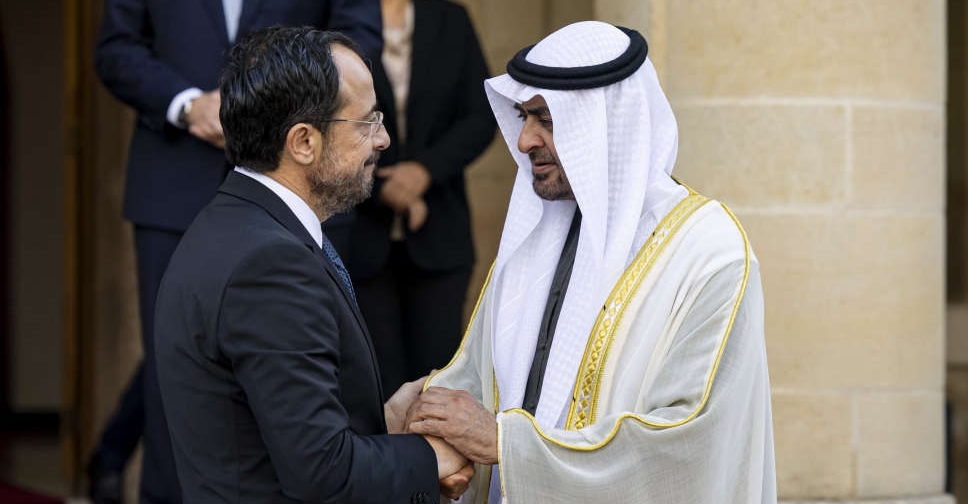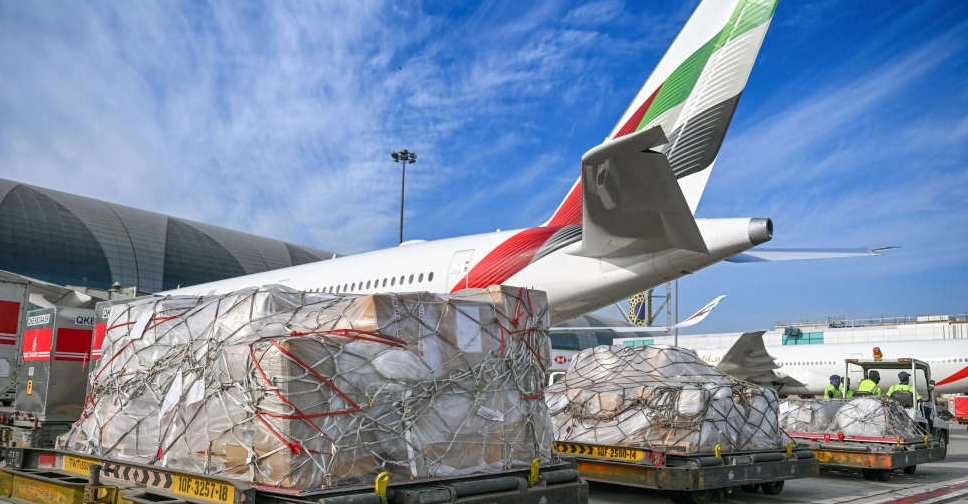
The opening ceremony of the 2022 Beijing Winter Olympics kicked off on Friday.
It began shortly after President Xi Jinping and International Olympic Committee Chairman Thomas Bach entered the iconic Bird's Nest stadium, its rim bedecked by the flags of the 91 competing nations and regions.
Directed by Zhang Yimou, reprising his role from Beijing's 2008 Summer Games triumph, the event was to feature 3,000 performers on a stage comprised of 11,600 square metres of high-definition LED screen resembling an ice surface.
All of the performers are ordinary people from Beijing and nearby Hebei province, with "the Story of a Snowflake" its central thread.
The show, with temperatures of about -4C (25F) at the start, was set to be about half as long as the four-hour marathon in 2008, also at the Bird's Nest.
The crowd itself was pared down, with organisers deciding last month not to sell tickets to Olympic events to curtail the spread of COVID-19.
A "closed loop" separates competitors and other personnel from the Chinese public throughout the Olympics.
Though smaller in scale than the Summer Games, the Beijing Winter Olympics are being staged by a much more prosperous, powerful, confident and confrontational China under Xi.
China's hosting of the Olympics has drawn criticism since the International Olympic Committee selected Beijing in 2015, and countries including the United States, Britain and Australia mounted diplomatic boycotts, meaning they did not send government representatives to the Games.
Zhang, the director, said the ceremony takes into account the changed global backdrop, including the pandemic and what he said were hostile forces "suppressing and blackening" China.
"In this new and complex global situation, the Winter Olympics will show the confidence and pride of the Chinese people, the love of Chinese people, the affection of Chinese for the people of the world," he told state news agency Xinhua.
The official start of the Games would come as a relief to organisers navigating the extreme complexity of staging them during a pandemic while adhering to China's zero-COVID policy.
Fireworks! Goosebumps. It's that #OpeningCeremony feeling! 🎆#StrongerTogether | #Beijing2022 pic.twitter.com/IprbuqsAAg
— The Olympic Games (@Olympics) February 4, 2022




 Mid East Falcons win inaugural United Series Championship in Dubai
Mid East Falcons win inaugural United Series Championship in Dubai
 UAE to face Morocco in FIFA Arab Cup semi-final
UAE to face Morocco in FIFA Arab Cup semi-final
 Man City beat Palace, Villa edge West Ham in five-goal thriller
Man City beat Palace, Villa edge West Ham in five-goal thriller
 Rodrygo's winner lifts Real Madrid past Alaves to end losing streak
Rodrygo's winner lifts Real Madrid past Alaves to end losing streak
 Arsenal must improve defensively despite win over Wolves, says Arteta
Arsenal must improve defensively despite win over Wolves, says Arteta



